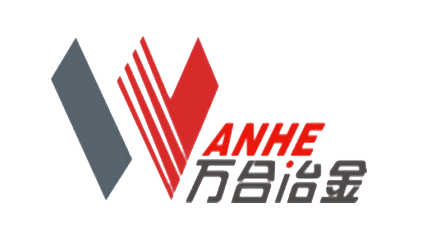The hydraulic three-way valve is a critical component used in hydraulic systems to control fluid flow direction. It features three ports, enabling functions such as fluid diversion, confluence, or directional switching.
Steel Pipe Anti-Corrosion and Thermal Insulation Production Line
The steel pipe anti-corrosion and thermal insulation production line is a specialized equipment used for surface treatment and coating of steel pipes, primarily designed for manufacturing anti-corrosion and thermal insulation steel pipes.
The heat treatment line is an automated system that performs batch heat treatment on metal workpieces using continuous heating, holding, and cooling equipment, designed to enhance the workpiece's hardness, toughness, wear resistance, and other mechanical properties.
Water-quenching equipment enables the rapid cooling of hot steel pipes exiting the quenching furnace through a quenching process that combines "spraying, rotating, and inner spraying."
Blow-and-Suction Dust Removal Device
Blow-and-suction dust removal equipment is a cleaning device that combines blowing and vacuuming functions, capable of both removing dust with high-speed airflow and collecting particulate matter using a negative-pressure system.
Hydraulic Straightening Machine
A hydraulic straightening machine is a straightening device powered by a hydraulic system, utilizing the powerful straightening force generated by hydraulic cylinders to precisely align workpieces. It features significant straightening capacity, a wide and highly accurate pressure adjustment range, and smooth, stable operation.
A straightening machine is equipment used to straighten metal profiles, bars, tubes, wires, and other materials by applying pressure through straightening rollers, thereby improving their straightness.
The cooling bed is a critical piece of equipment in the metallurgical steel-rolling industry, used to cool rolled products—such as round bars and steel pipes—after hot straightening, as they rotate and move forward simultaneously on a bi-directional chain-type cooling bed.
The pipe processing line is an automated or semi-automated production system used to cut, form, weld, and perform surface treatments on pipes according to specific process requirements. It is widely applied in the manufacturing and processing of pipes made from materials such as plastics and metals.
The water system is primarily used to meet the workshop's diverse water needs, including cooling equipment and process lubrication. Through equipment such as water pumps and cooling towers, the system enables the circulation of both turbid-loop water and clean-loop water throughout the workshop: cold water from the cold-water tank → supplied via a feed pump → to the equipment → returned either by a return pump or through gravity flow → to the hot-water tank → then pumped back through a cooling pump → into the cooling tower → and finally returned to the cold-water tank, ensuring continuous reuse of the circulating water. The circulating water system comprises both turbid-loop and clean-loop subsystems, and is mainly composed of components such as water pumps, cooling towers, valves, instrumentation, pipelines, and various pipe fittings.


